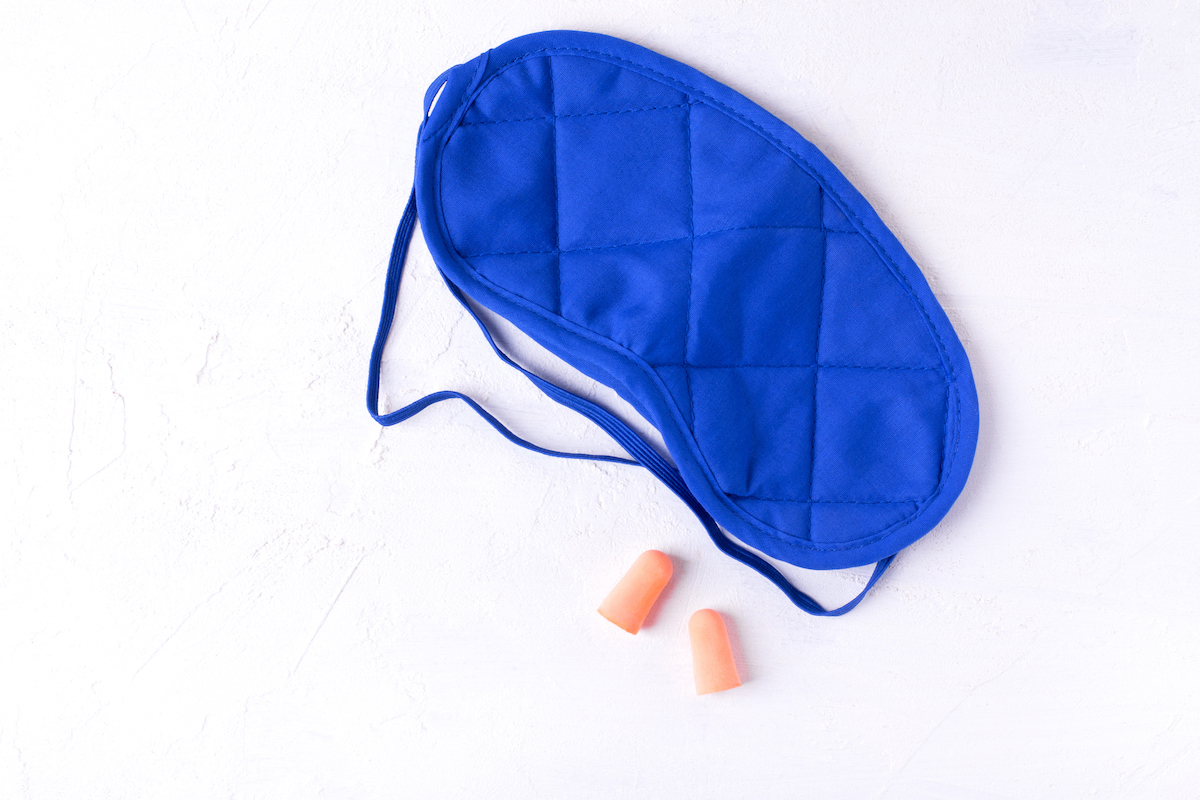All animals sleep or have a sleep-like resting state. If you think about evolution for a minute, this seems nuts. Why on earth would we evolve to require a long period of lying down, dead to the world, so any saber-toothed tiger could just come along and snack on us? Not sleeping would seem to have huge evolutionary advantages, so it must be that sleeping is actually super, super important. But it’s not totally clear why that is. Which is so fascinating!
One leading theory is that sleep is necessary to “clean out” our brain of metabolic waste.
As background: When your brain (or any part of your body) works, it produces metabolic waste products such as ammonia and urea. Outside of the brain, your lymphatic system flushes this waste to your kidneys. The brain does not have a standard lymphatic system, but (it turns out) something called the “glymphatic system” operates in the brain. In this system, cerebrospinal fluid moves through the brain and flushes out waste.
What remains unclear even about this clearance system is what provides the energy to remove metabolic wastes. In addition, what I have written so far says nothing about sleep.
Enter this new paper, published in Nature, which is entitled “Neuronal dynamics direct cerebrospinal fluid perfusion and brain clearance” (I guess “Reasons we sleep: evidence from mice” was taken). This is an extremely rich and complex paper. The authors are doing experimental work on mice, looking at how brain waves move during sleep and how that relates to this question of waste.
To vastly oversimplify: What the authors are able to show here is, first, that during sleep the pattern of brain activity works together in a way to generate strong waves that could effectively move out metabolic waste. Second, they show that when they intervene with the mice to flatten the sleep brain waves, the cerebrospinal fluid is less able to get around the brain.
During wakefulness, neurons are firing asynchronously — this is great for high-level cognitive functioning but lousy for moving fluid through and cleaning out waste. During sleep, the neurons work together to create the waves that let the fluid move through and move out the garbage. Or, as the authors put it in what I suppose counts for humor in Nature: “Neurons that fire together, ‘shower’ together.”
I am not doing it justice, but this is an incredibly cool paper. If you take nothing else from it, it’s a reminder to prioritize sleep, for us and our kids. Let’s take out our mental garbage.
Thanks to the first author on this paper, Li-Feng Jiang-Xie, for reading this over and providing comments and clarity.
Community Guidelines















Log in
Thank you for posting this very educational article!
Great read and interesting study. Now I wonder what this means for sleep in the early years…
Amazing. If only I (and my 5.5-year-old) could do it, through the night! :/ I’ll tell you what — this study certainly resonates with the fact that every day I *feel* like garbage! Ha ha bad joke; too tired.